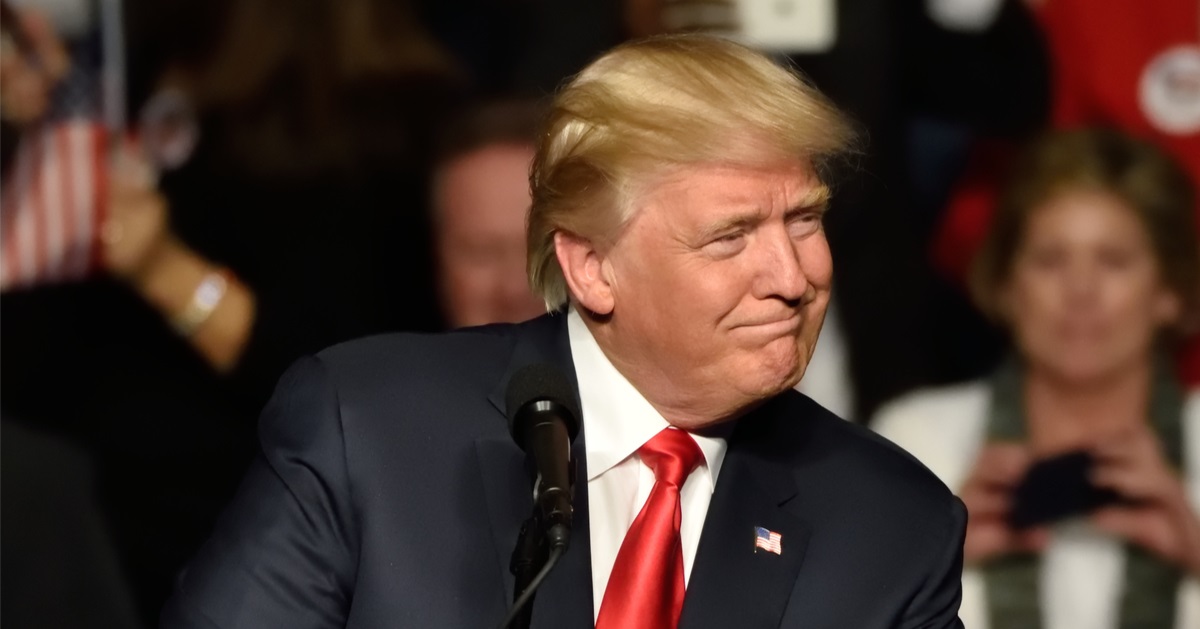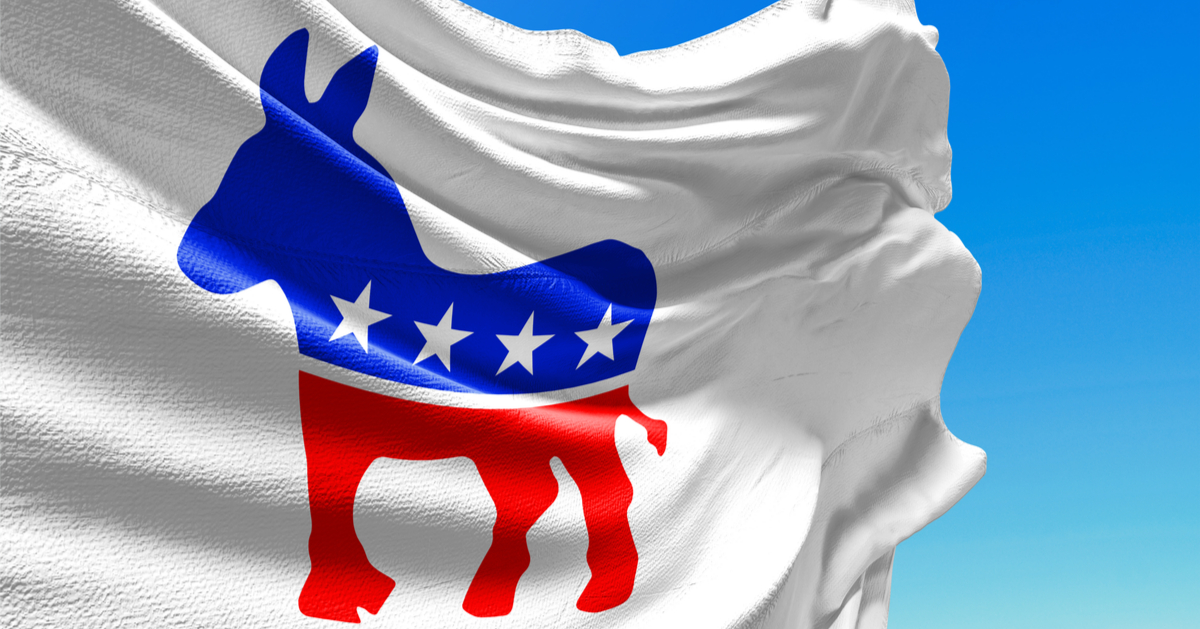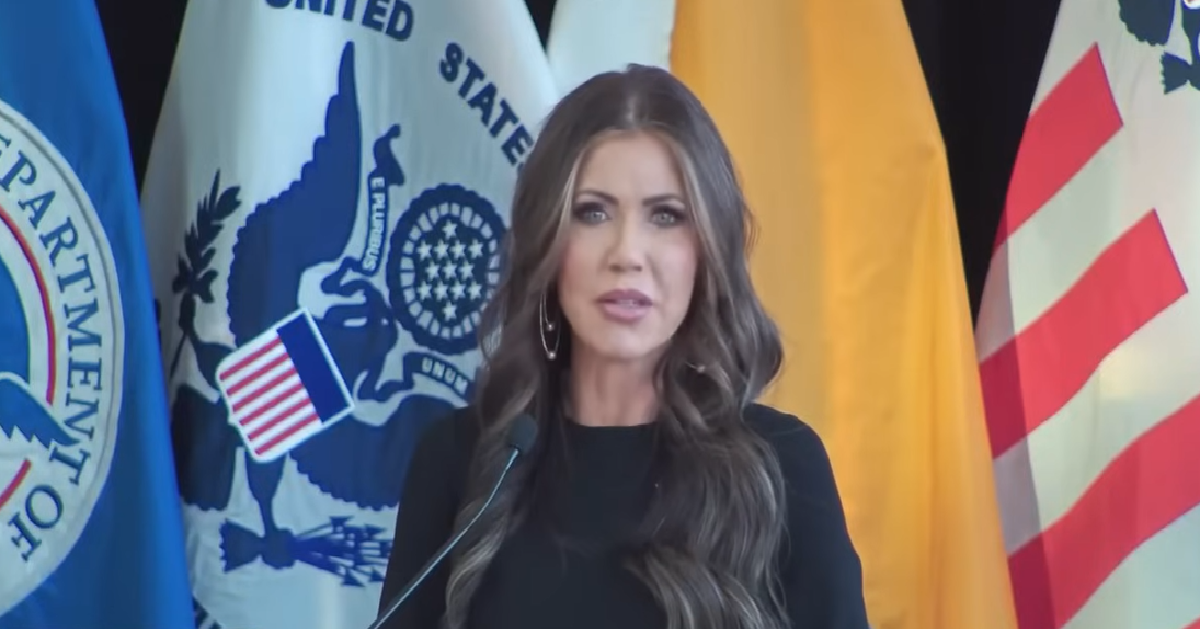Federal appellate panel sides with Democrats in disputed North Carolina Supreme Court election, halt process to 'cure' questionable ballots
More than five months after November's elections, a critical race to determine who will fill a seat on the North Carolina Supreme Court remains undecided amid ongoing legal challenges.
On Thursday, a three-judge panel of the 4th Circuit Court blocked the state from notifying certain voters that they needed to "cure" or correct discrepancies on their in-dispute ballots, according to the left-leaning Democracy Docket.
That ruling favors Democrat-aligned North Carolina Supreme Court Justice Allison Riggs over Republican-aligned North Carolina Appeals Court Judge Jefferson Griffin, whom Riggs purportedly defeated by slightly more than 700 votes but who has legally challenged the validity of thousands of questionable ballots in the election.
State Board of Elections were previously ordered to notify voters about fixing ballot issues
NC Newsline reported that Judge Griffin had challenged the validity of more than 60,000 ballots cast in November's Supreme Court election, and though the bulk of his challenges have been rejected by the courts, the state's highest court agreed with him that questioned remained about a batch of absentee mail-in ballots sent in by military and overseas voters.
Likewise, U.S. District Judge Richard Myers ruled earlier this month that, pending a final decision to come later, the North Carolina Board of Elections should begin the process of notifying those voters that they had 30 days to "cure" or correct issues with their ballots, primarily being the provision of a photo ID to prove that they are properly registered voters, though the Board was also ordered not yet to certify a winner in the race.
Justice Riggs appealed that decision to the 4th Circuit Court, requesting a stay to pause the curing process, which the appellate panel granted on Tuesday in a split 2-1 decision. On the one side were Judges Paul Neimeyer and Toby Heytens, appointees of former Presidents George H.W. Bush and Joe Biden, respectively, while in dissent was Judge Marvin Quattlebaum, a first-term appointee of President Donald Trump.
Split appellate panel decision halts ballot curing process
In the six-page order on Tuesday that was authored by Judge Neimeyer and joined by Judge Heytens, the appellate panel overrode the North Carolina Supreme Court and the federal district court and granted Justice Riggs' stay request to block the state Board of Elections from notifying voters of the need to cure their ballots, ostensibly to allow time for Judge Myers to render a final decision on her prior request for a preliminary injunction.
"Recognizing that the district court has not yet had the opportunity to exercise its jurisdiction under 28 U.S.C. § 1443 and address Riggs’ motion for preliminary injunction based on her federal constitutional claims, we grant her motion for a stay," the majority ruled.
"In furtherance of federal jurisdiction, we enjoin the North Carolina State Board of Elections from mailing any notice to any potentially affected voter pending the district court’s resolution of Riggs’ motion for a preliminary injunction," they added.
In his dissent, Judge Quattlebaum expressed his belief that the appellate panel lacked jurisdiction to intervene in the matter at this point, but further suggested that even if the appeals court had jurisdiction, he wrote, "I find no error in the district court’s handling of all these competing issues on a very compressed time frame. I certainly find no abuse of discretion."
"My dissent should not be construed as endorsing the views of any party as to the merits of any federal claims regarding the election or the challenges to it," he added for clarity. "It merely indicates that it is not yet appropriate for this court to weigh in."
Enough ballots still in question to change the election results
At issue here, according to The Carolina Journal, is the validity of anywhere from as few as 1,600 to as many as 5,700 absentee ballots that remain in question because of a lack of confirmation via photo ID of the identity of voters who mailed in those ballots.
Given that Justice Riggs reportedly defeated Judge Griffin by just 734 votes, those questionable ballots are more than enough to alter the outcome of the race if a sufficient number of them are determined to be invalid following the curing process.
The outlet noted that Judge Myers previously ordered that final briefs be submitted to him on April 28 about Riggs' request for a preliminary injunction to block the curing procedure, and he "intends to rule on the papers as soon as practicable."






